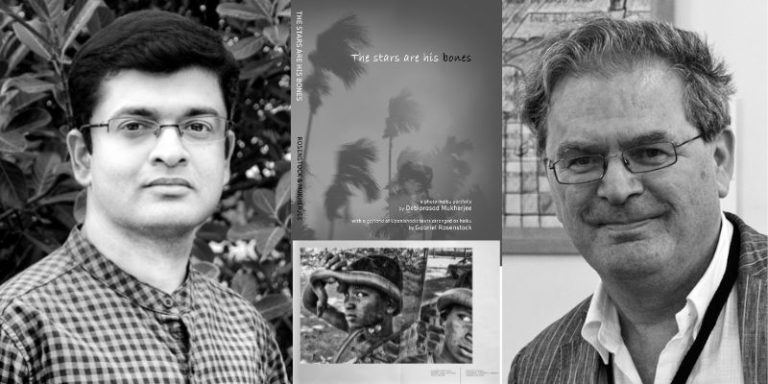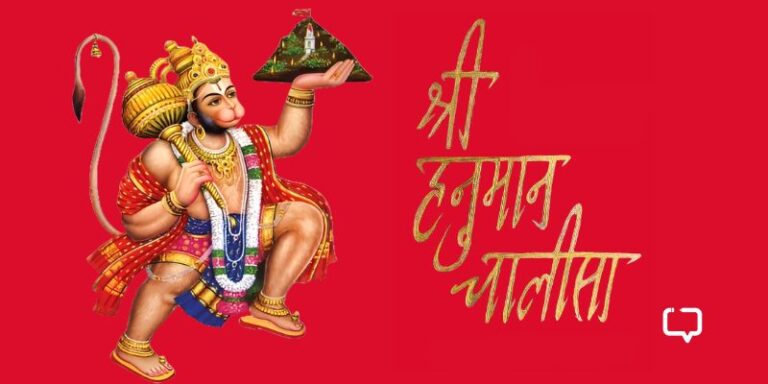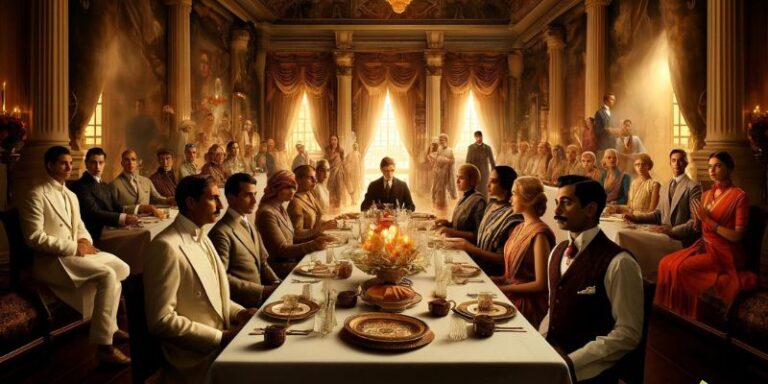The story of freedom struggle in a “free” India, that of the Mahar community
What does it mean to belong to the “lower caste” in a society pregnant with hardened attitudes borne of the pervasive nature of the caste system? Daya Pawar’s autobiographical book Baluta, translated from Marathi by Jerry Pinto, explores a demeaning practice that ensured that members of the Mahar community were kept as perpetual bonded labourers, is the title of author.
We encourage you to buy books from a local bookstore. If that is not possible, please use the links on the page and support us. Thank you.
Mahar is a community that was considered to belong to the lowest rung in the caste hierarchy as per the Hindu caste system, but is now recognized by the Indian government as part of the Scheduled Castes. 12 categories of labour were to be offered free to the village by those who were born into certain communities, such as Mahars. They would not be paid to perform these services, but in return they were entitled to ‘baluta’, a share in all of the village’s produce. Pawar describes the sheer humiliation that a Mahar goes through, borrowing from the memories of his father and his own life experiences. He places his life in a social context that is beyond his own story.
Reading pain in Pawar’s descriptions of being a Mahar
Pawar present an unvarnished depiction of the widespread cruelty of the caste system through graphic descriptions of life in rural Maharashtra. The author paints a shocking picture of how the Mahars depend on dead cattle to fill their stomachs, to the point of fighting vultures for the meat. “Taking whatever was to hand, pots, pans, dishes, the Mahars would run. Until the last strip of skin had been cleared, no one would take a break,” he says.
For the bad days, thin strips of this meat would be roasted in the sun and preserved. In case these strips become infested, they are washed and dried in the sun again. The Mahars were also made to live in an area away from the main village to keep them from “polluting” it, and their touch was supposed to pollute water, rendering it undrinkable for the upper castes. Mahar children were made to sit apart from the upper caste children in village schools.
Can education solve everything?
Escaping their village, the epicentre of discrimination, hasn’t served its purpose for the community. To escape the humiliating life in the village, many Mahar men, such as the author’s father, come to cities like Mumbai, to work at the docks. However, the city is also designed to keep their life away from dignity and succour. The Mahar men work as labourers, and the women scavenge scraps of paper, rags, broken glass and iron from the streets, sort them out and then sell them each morning. Some women wash the clothes of the ladies in the brothels. To deal with the depression and grave standard of living, the author’s father and uncle soon turn alcoholics. Later, his father and uncle both die of alcoholism, one after the other.
Even as education is widely regarded an antidote to caste discrimination, it fails to serve the purpose due to collective societal brazenness. Despite pursuing higher education and having become eligible for a decent job, Pawar writes how he remains unemployed due to employer tendencies towards a Mahar. He then settles for the job of a clerk, despite the knowledge that this kind of a job does not match his qualifications. This keeps him from improving his financial status as well.
Ambedkarite roots
Pawar also chronicles the beginning of the Ambedkarite movement in villages, where the Mahars were exhorted by scholar Dr BR Ambedkar to quit the slavery of the villagers and assert their right to live with dignity. Dr BR Ambedkar was an Indian jurist, economist, politician and social reformer who campaigned against social discrimination towards the untouchables and created the constitution of India based on the principle of equality for all. “I had read Dr Babasaheb Ambedkar’s Who were the shudras? Additionally, the boarding school subscribed to Janata. The editorials in it would give me strength; they seemed to be echoing my thoughts. They helped me become aware of how we were being exploited.”
As long as Babasaheb was alive, he was a vital force in politics, says the author. “Like a volcano, he kept shaking up society. The movement to refuse to pay tax for traditionally owned land was spreading from village to village,” the author says. However, the greed for power in some individuals compromised the movement. “Just as bees are attracted to jaggery, people began to be drawn to power. The Republican Party of India’s tie-up with the Congress killed the movement, poisoning it slowly,” the author writes. Moreover, the appointed leaders began to fight with each other, leading to factions that resulted in a split of the Party.
Life as we may not know it
Through the author’s lens, the readers get a glimpse of the lives of a myriad people around him, and understand how a community shapes the man. The author’s autobiography revolves around several characters play a role in shaping his life, giving a glimpse of the often-undesirable conditions they face. Referring to these people, the author says, “They were my professors in this peculiar university of life.” He also says, “All these people played important roles in my life. Remove them and there’s not much of me left.” He mentions his first visit to a brothel in Mumbai, where his aunt takes him to meet his mother’s step-sister, named Jamuna. Jamuna was sold to the brothel by her husband who would beat her. “After that, I heard tales of Jamuna often: that she had left the business, that she was now begging on the streets, that she had lost her mind and so on.”
Aambu, a friend of the author and a boarder at the house of author’s aunt contracts tuberculosis. “The news that he died came when I was in the village. Death held no novelty; I had witnessed it as a child.” His other friend Sadashiv, who is a theatre artiste and then an influenctial politician, has his career as a politician crashed when members of his own political party oppose the idea of him standing in the elections. He joins a theatre troupe, where “he was appointed as a manager but ‘manager’ means doing whatever needs to be done.” When the author goes to watch a play by his troupe, he is shocked to see his friend playing the role of a donkey. “The man whose tongue was like a sword was forced into silence,” he says.
Palpitating realities
Throughout Baluta, the continual state of anxiety, dissatisfaction, resentment and anger with the way his life shapes up is palpable. Not being able to bring happiness to his mother haunts him several times. At one point in the story, he says, “I was terribly ashamed that my mother was still scavenging. Damn it, I had studied so much but I was still living on my mother’s earnings. What was her work? The hardscrabble of collecting and selling paper? What dignity did society offer her for her labour?” After his mother’s death, the author describes his life as “hollowed out”.
“She had moved mountains for me. And what had I been able to offer her in return?” Looking at his life in retrospect, at the end of the novel, he says, “I’ve lived my life in fear. The causes maybe personal or they may lie into the deprivation into which I was born.” Despite Independence for the country, the author is uncertain what the country has in store for his children. He concludes, “Restlessness is my permanent state.” Comparing his slumped shoulders to that of Jesus Christ in third person, he says, “Like Christ he carries a heavy cross, and it seems to have deformed him. Unlike Christ, he does not have a halo around his head; his welts have begun to fade.”
Not just a chapter in history
The book was released in 1978, but from them to now, it seems little has changed for many people; we just need to read the news to know. While the access to education has increased, the standard of living has improved, but many people belonging to this so-called backward communities continue to be deliberately excluded from the top rungs of many professions – journalism, law, films, science, medicine, and so on. Experts on the subject have often pointed out that despite the eradication of untouchability and a constitution designed to give equal rights to all its citizens, the extensively inflexible social attitudes towards people of such communities kill the pace of progress of the society at large.
This is only the tip of the iceberg. Lack of education, social support and economic standing are often impediments that keep people from communities like the Mahar, from coming forth and knocking the doors to justice. The fact that more often than not, people who are at the helm of power belong to “upper castes” category themselves, violates the cause of justice. It has often been reported that the mechanisms provided by the government to the scheduled castes become the very means by which fear and injustice is perpetuated. The police have frequently, across several areas, come in bad light for refusing to take cognizance of complaints made by those belonging to so-called backward communities and even outright refusal to file FIRs on behalf of these people.
The continuing relevance of Baluta in the present times is a slap on the face of a government that lauds itself for being one of the “developing nations” when a grave humanitarian issue such as caste inequality continues to thrive unhindered.






















2 Responses
Hon. Sir,
I read very thoroughly your book namely, ‘Baluta’ which is bitter reality of SC caste category people. I was very close to you when I read some events like your friends, stay in Kavakhana, your deep love for mother and her struggle for you life settlement. Also I burst in tears when you mentioned the sad demise of Dr. Babasaheb Ambedkar. I really have broken into hearts when I see the plight that you suffered but still our ignorant and left out samaj is suffering. We see at you very hopefully for the upliftment of our society to its humanity level.
Dear Subhash,
I’m sorry to share that Daya ji passed away in 1996. But I thank you for such a heartfelt and beautiful comment.
Regards,
Team P3.